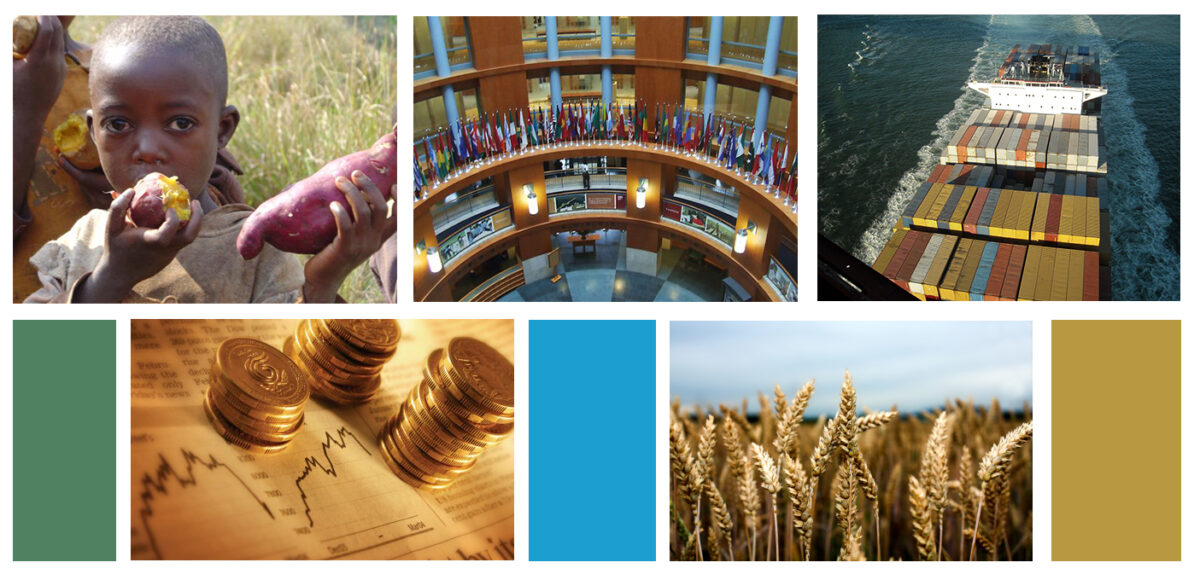Economic Determinants of Multilateral Environmental Agreements
By Tibor Besedeš (Georgia Institute of Technology), Erik P. Johnson (Carthage College), and Xinping Tian (Hunan University) Multilateral environmental agreements come in many flavors. Between 1950 and 2012 over 1100 such agreements have been negotiated between countries. These agreements cover a variety of issues including newer concerns such as global warming and climate change as […]

